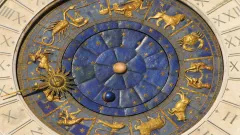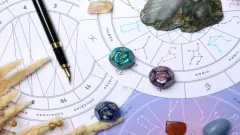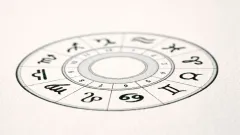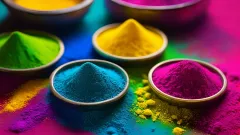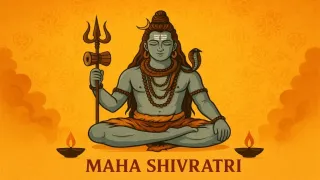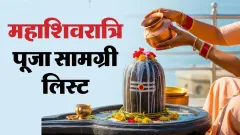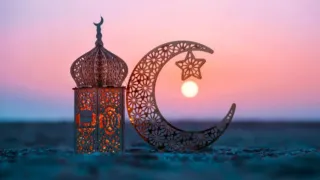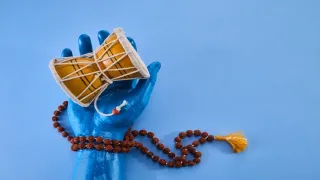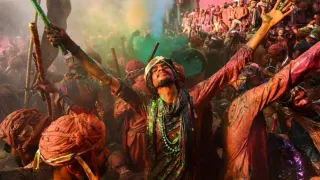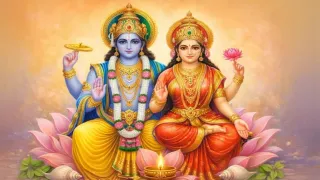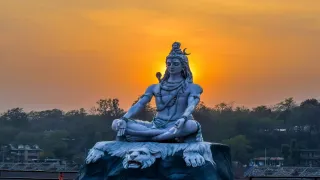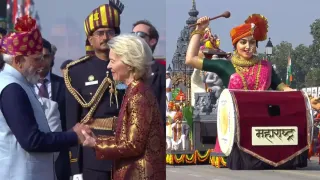A festival that bursts with vibrance, devotion, cultural splendour, and household unity, Krishna Janmashtami 2025 (also known as Gokulashtami) brings the story of Lord Krishna to life in the most enchanting ways. Rooted deeply in Hindu tradition, this festival radiates spirituality and communal joy all across India and beyond. Whether you’re a seasoned devotee or a curious observer, Janmashtami offers something for everyone: midnight rituals, rhythmic bhajans, mouthwatering treats, playful dahi-handi stunts, and soulful reflection.
Significance of Gokulashtami
Gokulashtami, or Krishna Janmashtami, holds profound spiritual and cultural importance in Hindu tradition. It commemorates the birth of Lord Krishna, the eighth avatar of Lord Vishnu, who appeared in Mathura to Devaki and Vasudeva during a time of great turmoil. His arrival is believed to have marked the end of the oppressive reign of King Kamsa and the restoration of dharma. Krishna’s life and teachings, especially as narrated in the Bhagavad Gita, continue to inspire generations, offering guidance on righteousness, devotion, and selfless action.
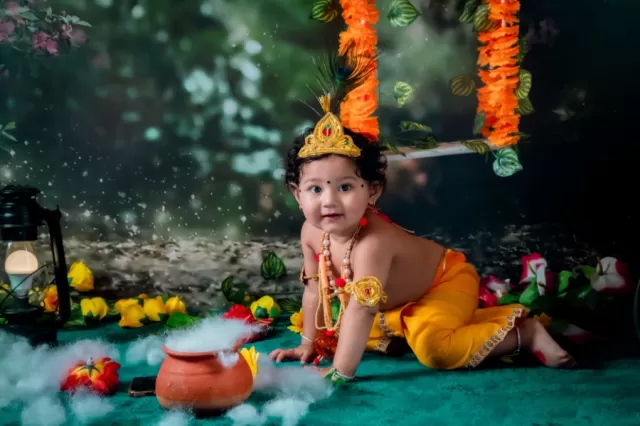
The festival also celebrates Krishna’s enchanting childhood in Gokul, his divine leelas, and his role as a protector of the innocent. Symbolically, Janmashtami reminds devotees that even in the darkest times, divine intervention brings hope, joy, and justice. The midnight birth signifies light overcoming darkness, faith conquering fear, and love defeating hatred. On a social level, the celebrations foster unity, as communities gather for devotional singing, dance, dramatic enactments, and rituals. Spiritually, fasting and prayers purify the body and mind, drawing the devotee closer to the divine. Thus, Gokulashtami is not just a festival; it is a reaffirmation of moral values, devotion, and the eternal victory of good over evil.
This festival resonates on two levels:
- Spiritual Triumph: The victory of dharma over adharma, symbolised by Krishna’s defeat of Kansa.
- Everyday Connection: The playful, loving memories of Krishna’s childhood make divinity feel accessible. That’s why Janmashtami isn’t just a ritual, it’s a story you live with.
These themes, divine justice, eternal love, and community celebration, make Janmashtami eternally relevant and emotionally close to the heart. It’s evergreen content that continues to attract readers.
Date & Muhurat Details
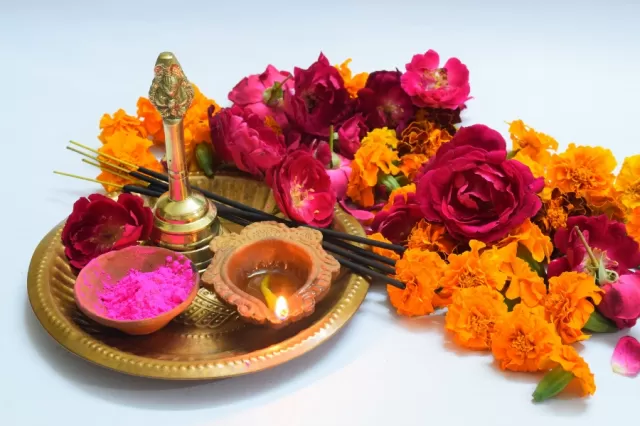
This year, Krishna Janmashtami falls on the night of August 15-16, 2025. In many regions, the Ashtami tithi spans both dates; devotees keep vigil into the late hours. The highlight? The Nishita Kaal Puja, the most auspicious moment, is observed precisely around midnight, believed to be the exact hour of Krishna’s birth.
- 2025 Nishita Kaal Puja: Approximately 12:04 AM to 12:47 AM on August 16 (subject to regional panchang calculations).
- Parana / Fast-Breaking: Typically conducted after sunrise on August 17, once Ashtami tithi and Rohini nakshatra conclude.
Pro tip: Always verify timings using your local Drik Panchang or trusted regional almanack; small variations can occur across cities due to astronomical calculations.
Fasting, Rituals & Midnight Puja
Fasting with Purpose
- Nirjala Vrat: Complete fast without food or water until midnight.
- Phalahar Vrat: Light fasting, consuming fruit, milk, or sattvic fare.
Typical vrat menu includes sabudana khichdi, kuttu puri (buckwheat puri), fruits, nuts, milk-based dishes, and homemade prasad. Devotees avoid grains, onions, garlic, and heavy spices, opting for clean, pure fare to keep their body and mind tranquil and focused.
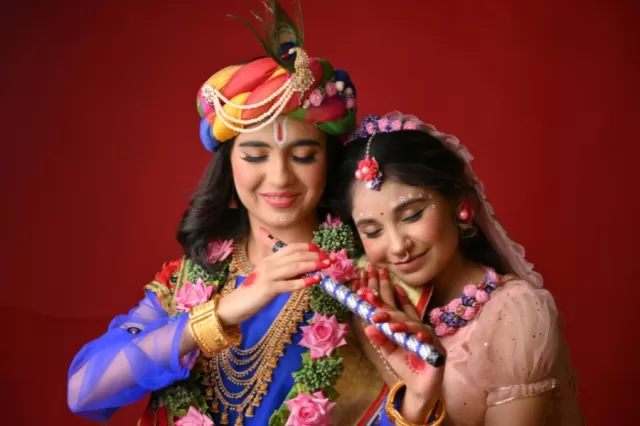
Home Puja Setup
- Morning rituals: Clean the home and worship area; take a purifying bath.
- Idol/Photo prep: Dress Bal Gopal (infant Krishna) in fresh clothes, decorate with flowers, tulsi leaves, and jewels, maybe set up a swing or cradle.
- Throughout the day: Chant mantras, sing bhajans, read Bhagavata Purana or the Bhagavad Gita, and build spiritual energy leading up to midnight.
Midnight Celebration
At exactly midnight, the idol is bathed in panchamrit (milk, curd, ghee, honey, and sugar). The deity is dressed in new clothes and offered sweets and fruits, such as makhan-mishri and peda. Lamps are lit for aarti, and the cradle is rocked, creating an atmosphere alive with love, devotion, and playful wonder.
Fast Breaking (Parana)
After sunrise on August 17, offer simple, sattvic food to Krishna. Break your fast with gratitude and joy, ending your devotional vigil in peace and fulfilment.
Nandotsav & Dahi Handi
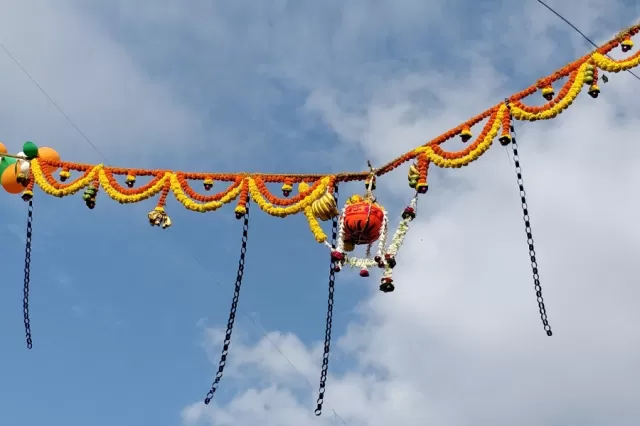
Nandotsav
The day after Janmashtami, known as Nandotsav, celebrates joyous festivities in honour of Nanda Maharaj (Yashoda and Krishna’s foster father). It’s a time of community feasting, folk dancing, and devotional songs, carrying forward the festive vibe into the next day.
Dahi Handi (Western India)
In regions like Maharashtra, Gujarat, and Goa, the festival explodes into exuberant street performance, dahi handi! Groups of Govindas form human pyramids to reach and break a high-hung pot brimming with curd, butter, and milk, a dramatic re-enactment of baby Krishna's butter raids. These events attract cheers, music, dance, and boundless energy, a highlight for spectators and participants alike.
Krishna Janmashtami Around the World
ISKCON temples in Delhi, Mumbai, Bengaluru, London, and New York host midnight worship, cultural shows, and Radha-Krishna tableaux. In Mauritius, Fiji, Trinidad, and the USA, Janmashtami is marked with kirtans, dramas, and delicious prasadi.
Cultural Performances
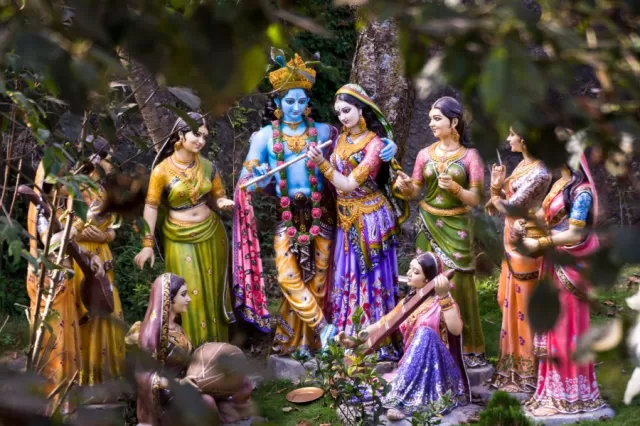
During Krishna Janmashtami, towns and villages across India come alive with vibrant cultural performances. Devotees organise Raslila plays depicting the life and adventures of Lord Krishna, often narrated through graceful dance, soulful music, and colourful costumes. Classical dance forms like Kathak and Bharatanatyam are performed to devotional songs, bringing the spiritual essence to life. In some regions, community competitions for bhajan singing and storytelling are held, encouraging all ages to participate. Streets and temple courtyards glow with lights, flower decorations, and folk art, creating a festive ambience that unites people in devotion, joy, and shared cultural pride.
Krishna Janmashtami in Popular Culture
Decorating your home for Janmashtami can be a creative, fulfilling experience. Begin by setting up a clean, sacred space with a beautifully adorned idol of Bal Gopal, placed in a small swing or cradle. Use fresh flowers, tulsi leaves, and handmade garlands for decoration. You can create colourful rangolis at the entrance to welcome guests and use earthen lamps for a warm, spiritual glow.
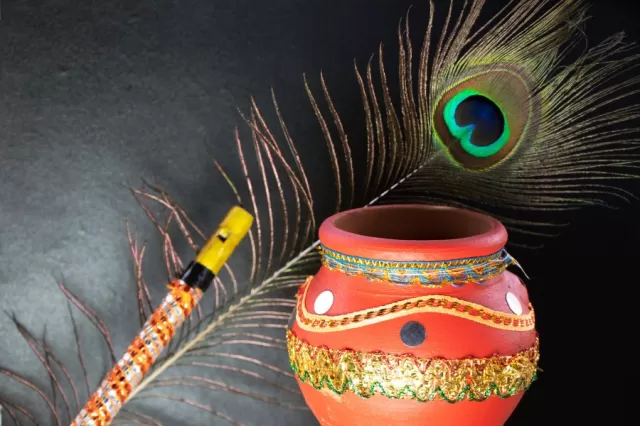
Homemade prasad, such as makhan-mishri or laddoos, adds a personal touch to the offering. Involving children in making paper flutes, peacock feather crafts, or clay pots brings joy while passing on traditions in an engaging, memorable way.
DIY and Home Tips
- Create homemade swings or cradles decorated with flowers or paper garlands.
- Prepare easy prasad recipes like makhan mishri or sattvic pani puris.
- Host storytelling sessions for kids with Krishna’s leelas.
When the clock strikes midnight on Janmashtami, it’s more than just a moment; it’s a connection to timeless love, hope, and devotion. Whether you celebrate in a grand temple, on a bustling street, or in your home, Krishna Janmashtami 2025 invites you to experience joy that is divine and deeply human.
Also Read: Krishna Janmashtami 2025: कृष्ण जन्माष्टमी कब है, 15 या 16 अगस्त? जानें तारीख और समय




